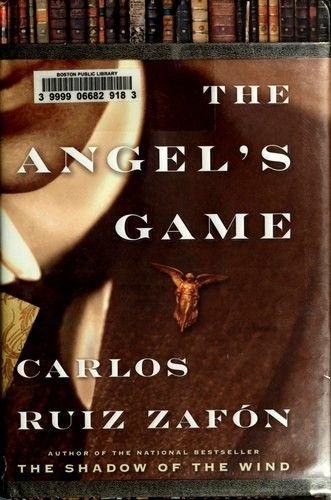Reviews
Li@lias
Shidehdeishidi@shideh
Colleen@mirificmoxie
Georgie K@georgiek
Cristian Garcia@cristian
Alfredo santos@alf
Dana Kraft@dkatx
Nimish@nimsaw
Danny Engström@danny_boy
Kaya@kaya_kobold01
Celeste Richardson@cecereadsandsings
Natalia Hernandez@chubidubi
Josefina@naps
Kali Olson@kaliobooks
Katherine@katc
Nick Bicko@nember
Zoë Schaefer@zozom05
Elliot @madeinmoth
Maribel González@dosy22
Emir Andrés Ibañez@erasibanez
Omar@omareduardo
Kimberly@kmbrly925
Laura@readingthroughlondon
Giada Arenare @jade_aries
Highlights
Eleonora Casella@elecasella
Page 161
Eleonora Casella@elecasella
Page 113
Angela Zeiler@gela
Angela Zeiler@gela
Angela Zeiler@gela
Angela Zeiler@gela
Page 249
Angela Zeiler@gela
Angela Zeiler@gela
Page 172
Angela Zeiler@gela
Page 116
Angela Zeiler@gela
Page 24
